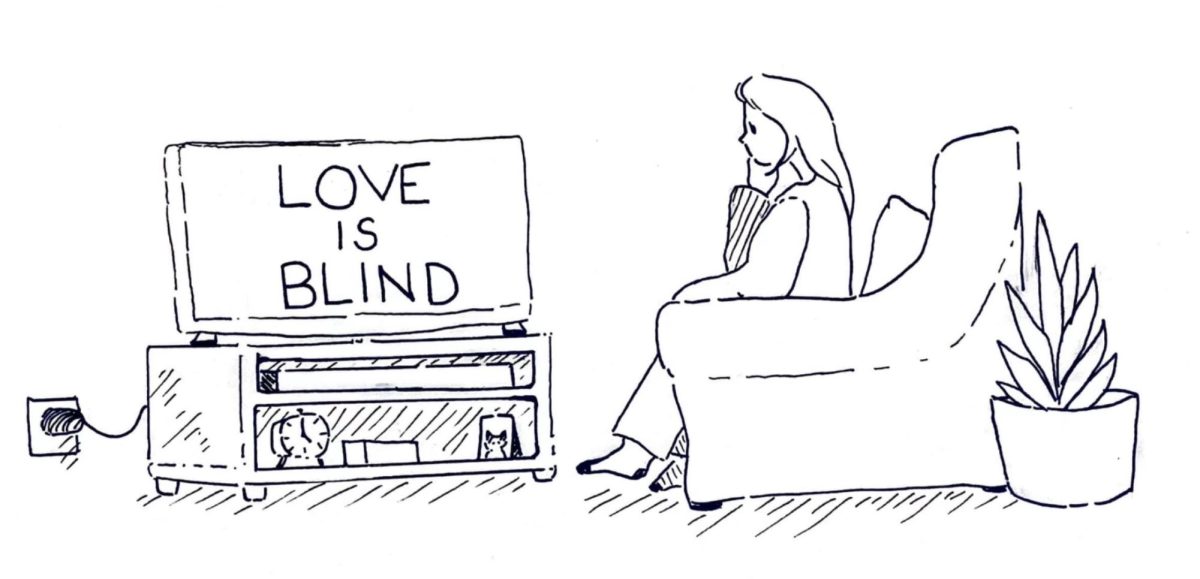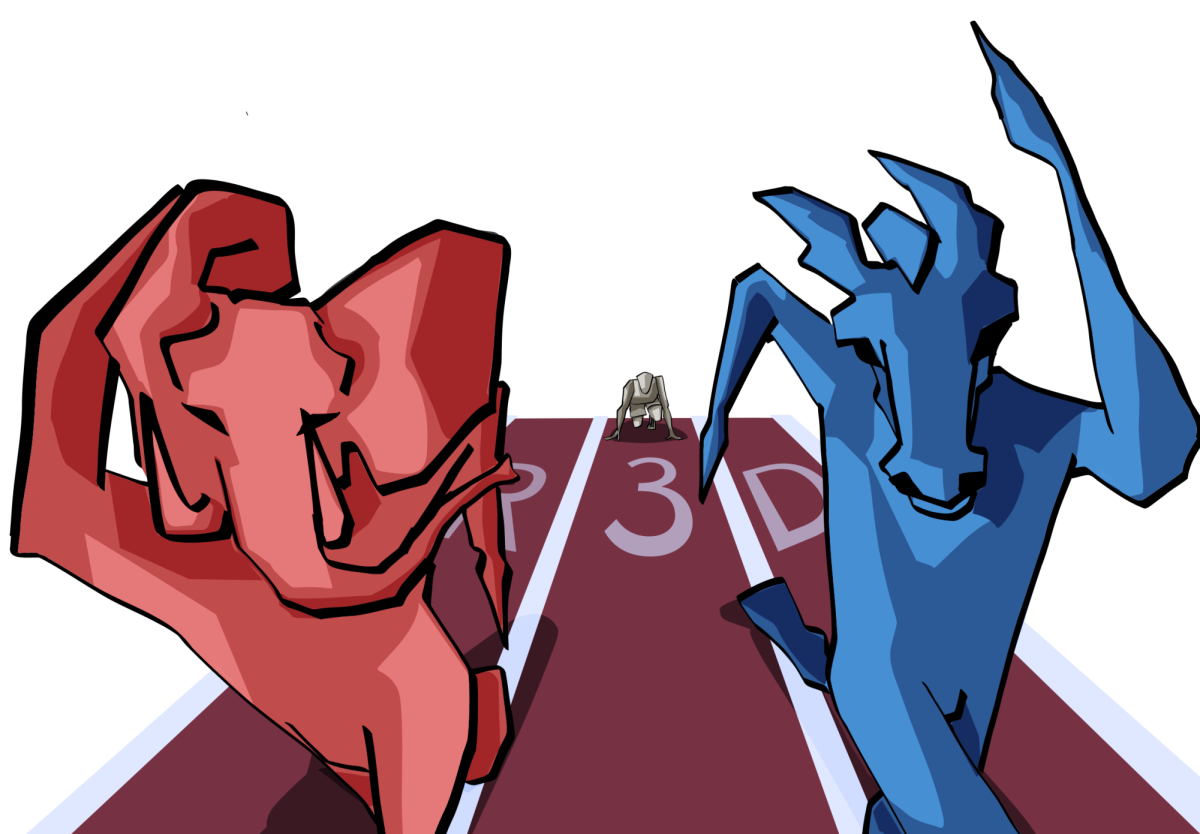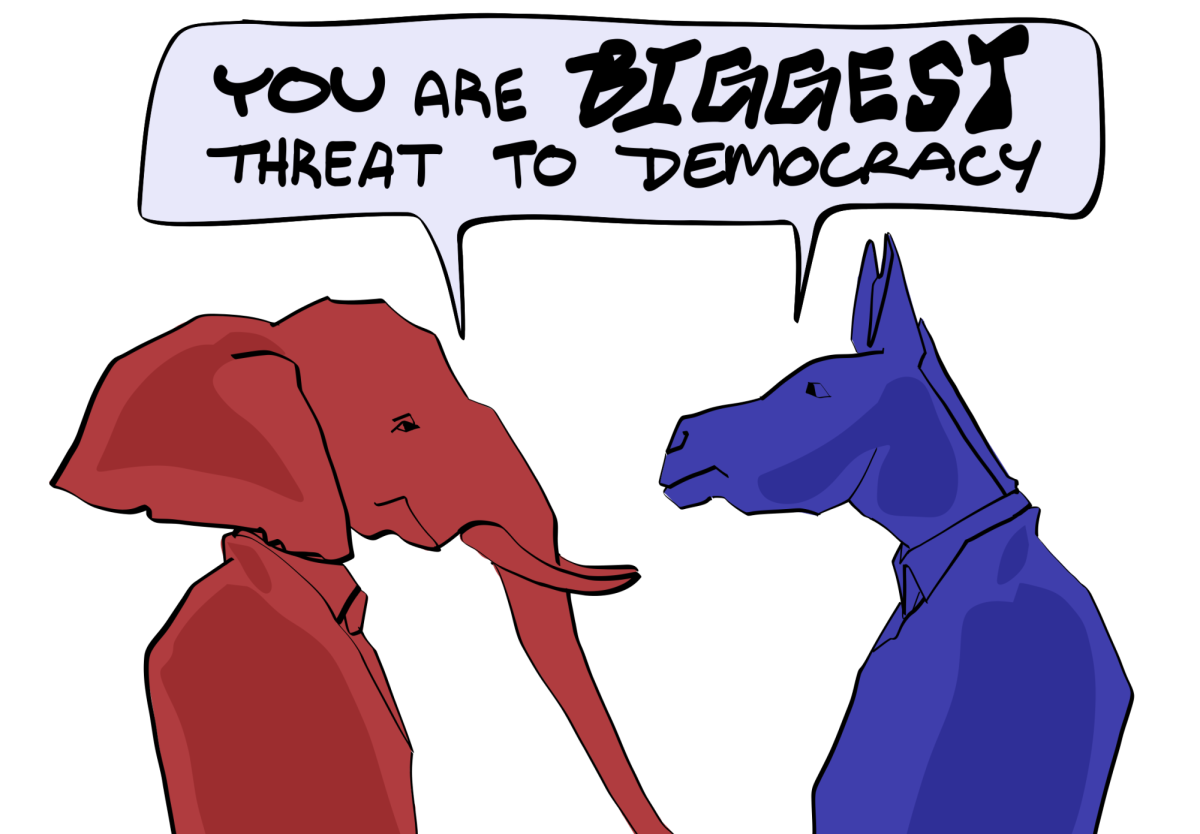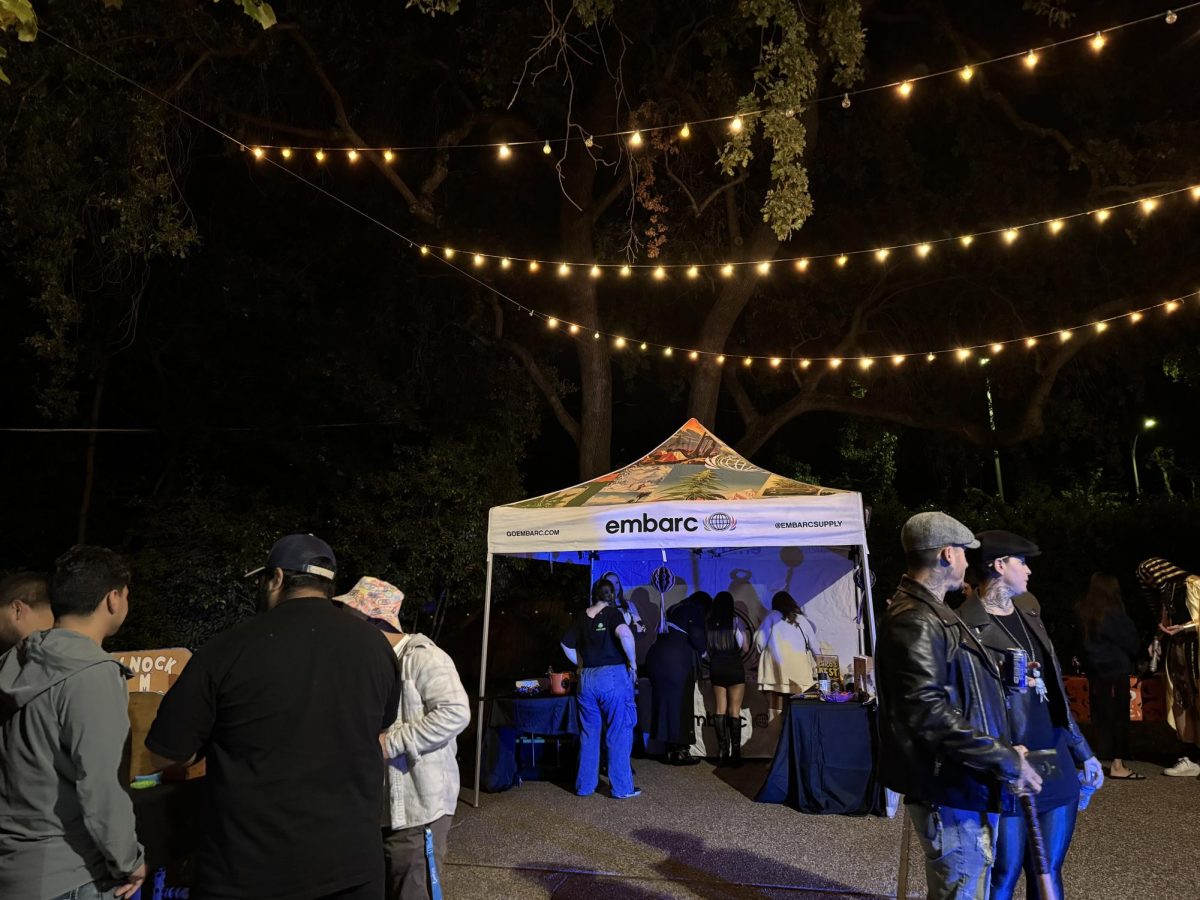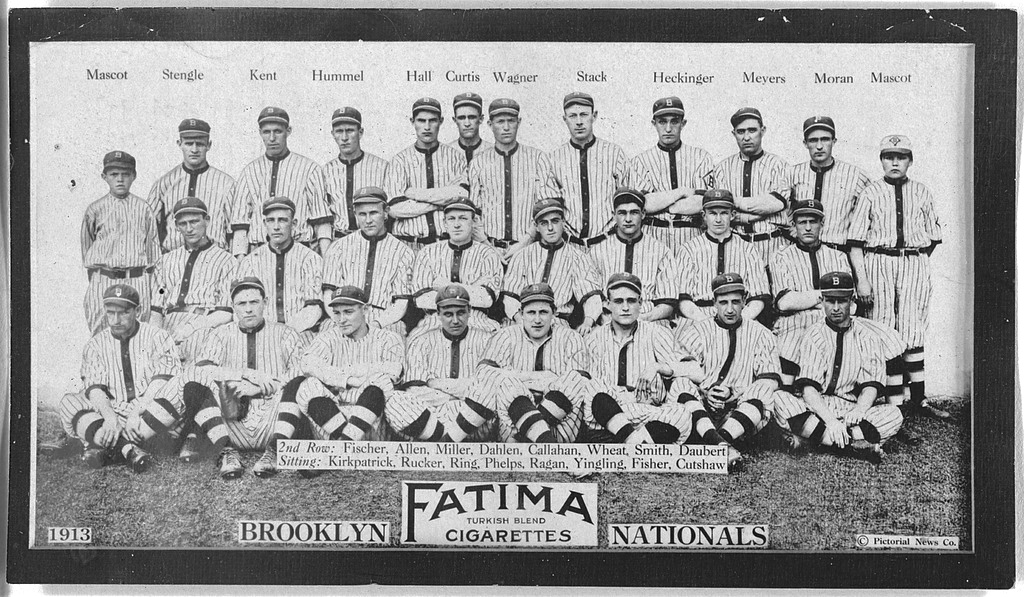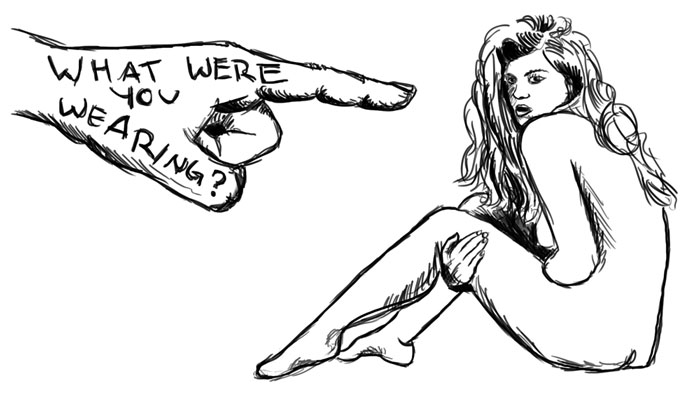
When I was 10, I was sexually assaulted by my aunt’s husband.
I had no idea what was going on, but I knew it was wrong.
I was threatened to keep silent or else my family would be harmed.
Being a naive 10-year-old girl, I believed every word he said, so I kept quiet.
For years I carried the burden of what had happened to me. I dared not tell a soul because of fear and shame.
I blamed myself for what had happened.
I even started to convince myself that it never happened. It was all just a really bad dream.
But no matter how hard I tried, I just couldn’t forget — it would forever be a part of me.
I felt dirty. Used. Like damaged goods.
I’m not alone.
Scores of victims who have gone through the same, or even worse, don’t report it.
According to Rape, Abuse and Incest National Network, around 68 percent of sexual assaults are not reported.
In many cases, this is because the victims fear being blamed or feeling unsafe.
Some of the victims of sexual assault get asked questions like “What were you wearing?” or “Were you drunk?”
Annie Clark, a victim of sexual assault, sought out help when she was assaulted and the response she received by one of her counselors proves that victim blaming is a real issue.
Saying things like this to victims of sexual assault makes them question whether what really happened to them was bad, or causes them to feel that coming forward and telling the authorities is a bad idea.
Victim blaming happens way too often — more than people think and more than it should.
Stacey Dash, a Fox news contributor, has received backlash because of a comment she made during a discussion on campus rape. Dash said “naughty girls” go out, do bad things and get sexually assaulted because of their behavior.
“But the other thing about this is that it then blames the alcohol instead of the person who overdrinks,” she said. “It’s the same thing with guns. Guns don’t kill people; people kill people. Alcohol doesn’t get you drunk; you get yourself drunk.”
She was implying that if one is drunk and gets raped, then it’s their own fault.
This is what’s wrong with our society.
Many have this same mentality.
JAMA Pediatrics did a survey of 1,058 teenagers that studied the demographics and consequences of sexual assault on young adults.
Fifty percent thought that the victim was fully responsible for what happened to them.
To think that these kids, who are in their early teenage years, believe that an act of sexual assault was the victim’s fault is disheartening.
It speaks volumes about rape culture.
It doesn’t matter what one wears, if one was drunk or how one acts.
Blaming the victim for these things is never OK.
It is time for people to stop victim blaming victims and understand that, no matter the circumstances, it’s not OK to sexually assault someone.
No one deserves to go through that.
As someone who has been sexually assaulted, I can say that I would never wish it on anyone.
It changed me forever, and I will never be the same.
It’s time to put a stop to all of this and encourage and support women to come forward and report acts of sexual assault.
I didn’t because I was young and clueless.
But others still have the chance.
I encourage those who have been sexually assaulted to speak up. Talk to family or a friend. Don’t go through it alone.
What others say or think shouldn’t stop someone from reporting a sexual assault.
It may take months or even years, but it does get better.
It did for me.
Daisy Dardon can be reached at [email protected] or @daisydardon on Twitter.




